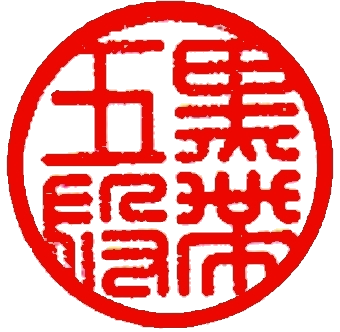
A Note from Mr Jason
All icing and no cake—this phrase has stuck with me since I first began learning the business side of martial arts. I started training when I was 7, teaching when I was 13, and running schools when I was 21. Over the years, I’ve seen schools start from nothing and grow into thriving communities, and I’ve seen large schools shrink to half their size.
Too often, martial arts “consultants” focus solely on how many people you can sign up and how much money you can make. I was stuck in this mindset for years, and it left me questioning what a professional martial artist really should be. Eventually, I became tired of the tactics that prioritized quick numbers over real, lasting impact. When I was 30, I walked away from that approach and opened my own academy. In just five years, I have grown to two locations and have been able to consult for various martial arts schools.
I’ve spoken at industry events, including summits and business development days, and here’s what I’ve learned: It’s simple—you need to walk the talk.
I believe martial arts businesses should focus on developing the student, their family, and their community above all else. Sure, it’s easy to get 100 students, but can you keep them honestly, with integrity? In my seminars, I don’t offer “used car salesman” tactics or “get 100 students quick” schemes that are so common in the industry today. Instead, I provide sustainable systems that have been proven through experience and success—systems that stand the test of time.
These strategies work because they emphasize:
- Personalized follow-up
- Constant and honest communication
- A framework built on integrity
A common belief in our industry is that “our competition isn’t other martial arts schools; it’s soccer, baseball, and hockey.” I suggest this is blatantly false. Other martial arts schools are part of the competition, alongside other sports. But not in the “Karate Kid/Cobra Kai” way.
Here’s the truth: if a school down the street gives students a terrible experience, 80% of those students will never try martial arts again. That means they’ll never see what sets you apart. I believe it’s our responsibility to help raise the standard for martial arts as a whole—in teaching, in student care, and in community leadership.
If you’re looking for sustainable growth, integrity-based systems, and a better way to run your school—I’m here to help.
- Jason

